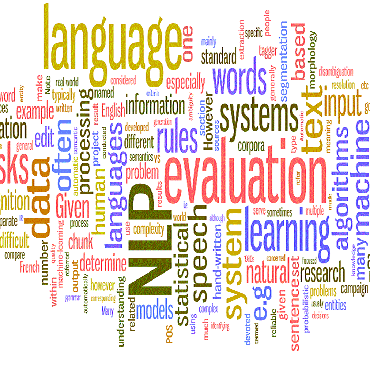Time efficiency is paramount for the localisation industry, which demands ever-faster turnaround times. However, translation speed is largely underresearched, and there is a lack of clarity about how language service providers (LSPs) can evaluate the performance of their post-editing (PE) and human translation (HT) services. This study constitutes the first large-scale investigation of translation and revision speed in HT and in the PE of neural machine translation, based on real-world data from an LSP. It uses an exploratory data analysis approach to investigate data for 90 million words translated by 879 linguists across 11 language pairs, over 2.5 years. The results of this research indicate that (a) PE is usually but not always faster than HT; (b) average speed values may be misleading; (c) translation speed is highly variable; and (d) edit distance cannot be used as a proxy for post-editing productivity, because it does not correlate strongly with speed.
翻译:暂无翻译



